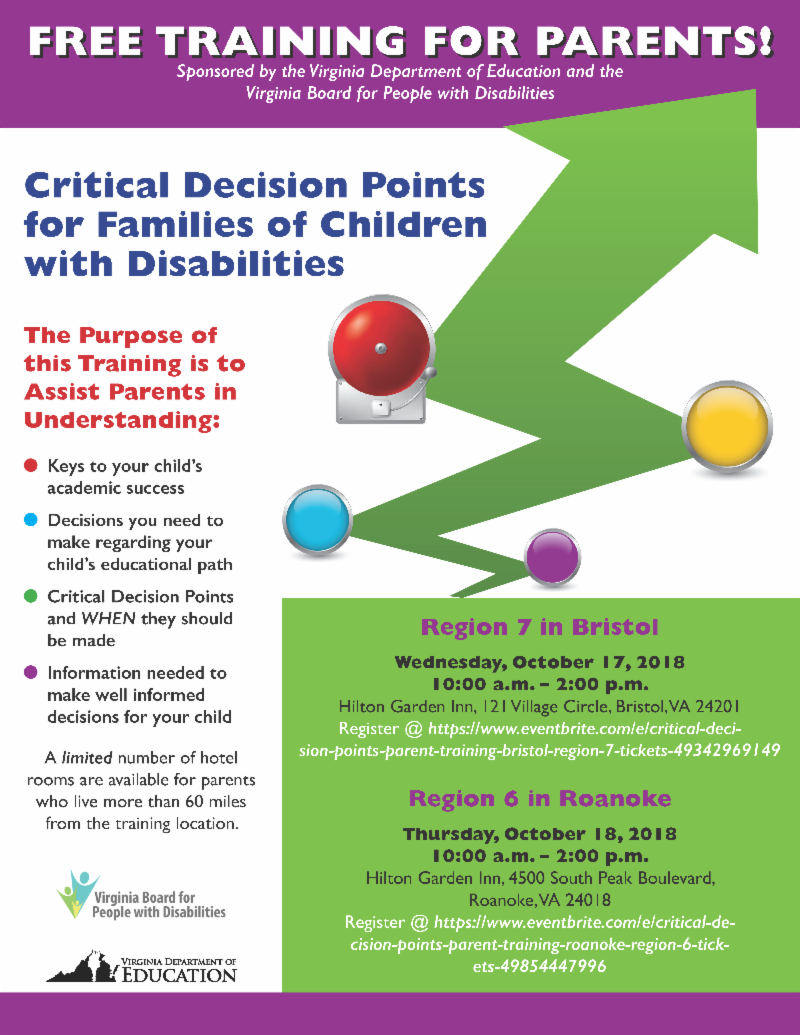I've been busy writing a simple document from research. It would have taken one day if the research had been all in English. It's taken a week because most of the research is in Spanish; the document is for Spanish-speaking people but is being written in English, with parallel translations. I've spent most of my online time hanging out at the Collins online dictionary site, continually looking up the precise match for words I "know" in a vague general way, choosing the sense of the word that belongs in a sentence. I write more slowly than some e-friends do in English, at best, so the job has gone very slowly.
Apart from that everyone's health is about what's usual for this year. Everyone is complaining of a lot of different things they've noticed increasingly in each of the past five years. None of us is growing younger but the funny thing is that, although everyone's complaints are different, primary school children are complaining at the same rate active eighty-year-olds are complaining.
Earlier this week I saw a crowd of what looked like old ladies of my parents' generation, fat and awkward. By their conversation I realized they'd been in between my brother's class and mine at school, so they're only about fifty. Then I heard a girl of forty-five complaining of arthritis-like pain and slowing metabolism. "Getting old, getting old," they wailed. Also this week I noticed a store employee acting rude and obnoxious, to several people who were waiting in line ahead of me, impartially. I was inclined to give her a free pass because her snow-white hair, obesity, and unhealthy face made her look older than my mother, but on the way out, grumbling with a friend, I had one of those "Aha" moments: people who are old enough to get away with being rude to me are too old to work, legally, in minimum-wage jobs, and why should I imagine this hag is even as old as I am? Some people are fat before they're twenty; some have white hair before they're forty; all people have unattractively "old," sick-looking faces when they are ill.
All baby-boomers are older than we were in high school--duh!--but that does not necessarily need to look or feel bad. Some of us remember schoolmates who looked repulsive at school--fat puffy red faces, or skinny flabby sallow faces, with that "pizza face" look from infected acne and other skin diseases--and are now slim, healthy, and well preserved. Some of us have grey hair, and by age seventy most of us have thinner, dryer skin, whether or not our skin tones are light enough to make it conspicuous...but those of us who are active and healthy don't have that ugly, sickly look that people have in mind when they see even young people's faces as "old."
Physical exercise helps. I move like a young person, whether my face looks "younger" or "older" than fifty, because I've not stopped moving like a young person. Actually when I was a young person I usually felt ill, so after going gluten-free at age thirty I've had a lot of running and skipping and tree-climbing to catch up on, and I've done it. I don't like hearing my contemporaries blame our age for their reduced mobility. People in their seventies run marathons. If you've become stiff and slow-moving as a result of sitting at a desk all day, driving or riding a bus to and from work, and watching television until you fall asleep, obviously you're not fit to run a marathon, but you're not too old. People in their fifties can start with brisk aerobic sprints across the yard or parking lot, and work up from there. In a few months we can be fit to finish a marathon.
But physical exercise has become harder every year during the past five years, for children as well as adults, because of glyphosate pollution. Unlike other biocides, this particular poison not only soaks into spinach and strawberries when it floats past on the wind, but has been sprayed directly onto grains, nuts, beans, and some fruits to make more of them seem ripe at the same time. They may look like ripe, pretty food but they're actually poison and should be banned from the market. They are making people sick, and only because some of those people are under age ten do we know that we have to blame farmers rather than believing that lie about "getting old."
I've been reading all week about Mexico and our border States, California, Texas. I've been looking at pictures. What pretty landscapes they have out there. What I've remembered most has not been the pretty landscapes; it's been being an even weepier little weed of a skinny, flabby, sallow, sniffly, grumpy child than I was in my home town. Back then glyphosate hadn't been invented and DDT was on the way out; it was mainly chlordane that would have been making me ill. Chlordane has since been banned. Glyphosate should not actually be hard to get banned since weeds and vermin are evolving resistance to it by now, although Bayer spokesmen are fighting like a lot of damned fools that they are, rather than dropping it as they would do if they were decent human beings. Glyphosate has been banned in California and suddenly all those western landscapes look much more attractive to me. The danger is that, as they've threatened, lazy farmers who've become dependent on poisons will replace glyphosate with something worse, the way they replaced chlordane with glyphosate and chlorpyrifos, rather than learning to work with nature.
This week a farmer tweeted that, without glyphosate, he'd be producing only 25 tons to a previous 40 tons of whatever he raises on his farm. Oh, the poor fellow! When my parents went all-organic, our little vegetable garden hardly produced anything that wasn't insect-damaged during the first year, because the pest species rebound first after poison spraying. You couldn't plough or till deep enough to keep the resurgent weeds from depleting the soil. Picking off insects daily couldn't stop them from chewing up the puny vegetable plants that did grow. Every ear of corn contained a worm; many contained worms, plural, although corn earworms are solitary animals; we shucked corn in the chicken yard to shake off all the worms and the clumps of frass surrounding them, then toted most of the damaged ears straight to the cows and the pony, and ate our corn by "cobbettes." The tomatoes made a good start, and we even had a few early fruit to eat before the plants all wilted down and died of blight. It seems in memory as if we spent the whole summer picking wheelbarrows full of weeds, gallons of insects, and maybe a bowl of salad to eat, every long hot afternoon (it was a sultry summer). We produced nothing to sell, or even preserve for winter, at all. Sometimes to get a bowl of salad we mixed in the edible weeds...oh those ground-cherry pies and dandelion salads! The good news is that, when you stop poisoning, you have one absolutely terrible year. After that every year's crop will be better. The important thing to keep in mind is that if you go from producing 40 tons of poison that make people sick to producing 1 ton of ugly but healthy veg, that is an improvement.
The other good news is that a lot of people who have a lot of different, chronic, unspecified symptoms as part of a reaction to glyphosate poisoning are going to feel much better, "younger," within days after we do get this poison banned. I don't want to be one of those people who raise false hopes. Chronic pain existed before "pesticides" were invented. Some people who are currently identifying as "Spoonies," people living with pain and disability at levels that vary from day to day, will still have pain and disability in a glyphosate-free world. But most of them will have more and better good days, fewer bad days; many will be able to get off their prescription medication.
Amazon link? Of course. Book I'll have to dig up at home, if unable to do all the translation online:
 |
| https://www.paypal.me/PriscillaKingUS/10 |









